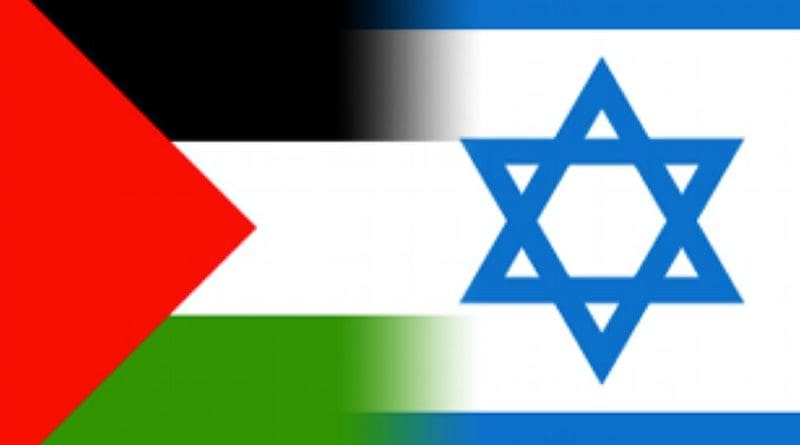Peace Is Possible In A Palestine-Israel Confederation – OpEd
By Ray Hanania
Josef Avesar has proved one thing with his experimental Israeli Palestinian Confederation (IPC) plan, which he came up with several years ago: If you leave it up to the people, and remove the politicians, the chances of achieving peace will be so much greater.
Avesar has shown that, when you bring Israelis and Palestinians together on an equal platform of mutual respect, peace is very possible. You will still have divisions in a confederation, but it makes it far easier to bring the majority of moderate voices together and neutralize the extremists, who counter their small numbers with violence and hate.
I watched this week as 75 members of the IPC achieved more in a 90-minute video conference than all of the failed Israeli-Palestinian peace negotiations since Anwar Sadat’s 1979 surrender — a total of 42 years of tragic turmoil and heightened frustration.
The IPC has summarized the entire conflict into one primary goal: To focus on the principle of equal rights. From there, Israelis and Palestinians can disagree on the issues without violence and work together on the foundation of a true democracy — that the majority, not extremist violent fanatics, rules.
Equality is the real issue that is absent from the relationship between Palestinians and Israelis. As a consequence, the idea of a confederation — in which the two sides come together with their individual identities and narratives intact, while agreeing to recognize each other and work together with one voice to bring about peaceful change — is very attractive.
In other words, the two-state solution, in the IPC’s mind, is dead. That was hammered home by Israeli journalist Gideon Levy, who was a guest speaker during this week’s meeting. Levy noted that the two-state solution is a dream that was destroyed by extremists on both sides and that Israel’s government never intended to implement it or even support it. The Israeli government “never meant to go for the two-state solution,” he said.
The IPC believes that, once you achieve equality, you begin a process — a chain reaction — that leads to justice, which then leads to peace. It was refreshing to listen to the IPC’s members, who have elected their own separate (Israeli and Palestinian) “confederated” presidents and parliament.
The current so-called peace process is a deception that doesn’t exist. The Israelis live in total denial of the reality of today’s relationship with the Palestinians. The latter live under a brutal occupation and apartheid system that denies them basic rights, but most Israelis don’t care.
Levy and others have acknowledged that the push for a two-state solution is really just a means of stalling, preserving the status quo. Israelis hope to strengthen their apartheid separation policies that deny non-Jews equal rights, while Palestinian extremists, who have succeeded in undermining hopes of genuine peace, aim to one day defeat Israel and impose their tyranny.
The encouraging aspect of the IPC gathering of Jews and Palestinians was that most of them were so hopeful and respectful. A few voices representing the old and failed activism joined and continued to challenge and undermine their efforts, but it didn’t work. Moderates have to forge ahead and see peace in its true terms.
Both sides need to respect each other. They need to see the other side as being equal. They need to compromise and not insist on rigid, hard-line dictates.
The one-state solution that the IPC advocates is not the same as that often advocated by anti-Israeli extremists who want to take control. What the IPC advocates is one state in which both the Israelis and the Palestinians have equal voices.
It would not be easy to implement a one person, one vote system and include not only all the people in Israel but also all those in Palestine (both within Israel and in the Occupied Territories). But Levy was quick to point out that, in the 1980s, no one believed that the people of South Africa would ever achieve one person, one vote — an equality that ended apartheid and opened the door to true democracy.
The other nice thing about the IPC is that the dialogue is respectful. While there are divisions, people disagree without being disagreeable.
In compromise, not all injustice will be mitigated and Palestinians and Israelis will have to live with the fact that history has imposed some realities that cannot change. Realism means resetting and restarting everything, looking forward rather than always looking back at the ugly, painful past.

